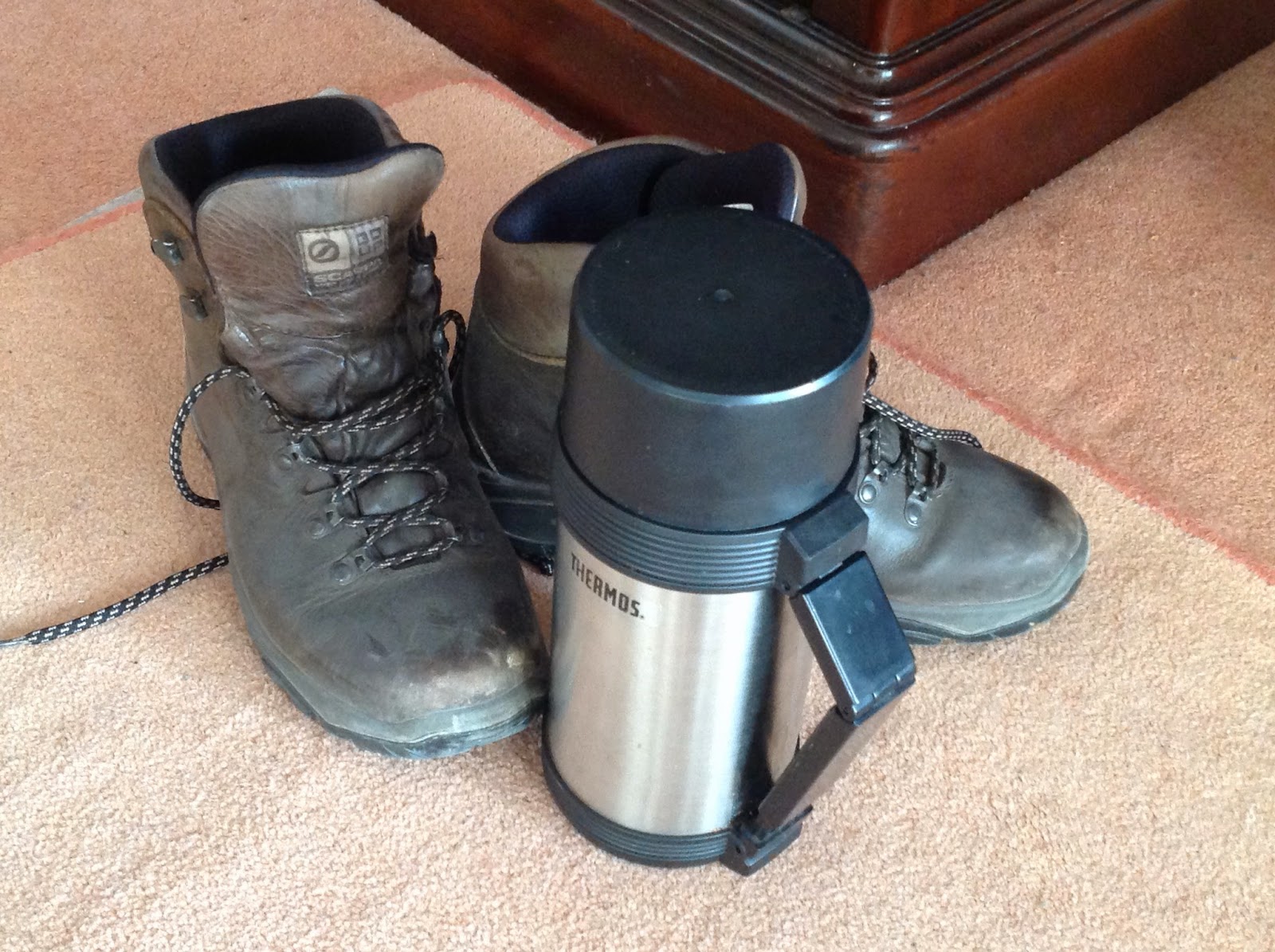Walking 10,000 steps a day seems a wholly inadequate way to put on someone else's shoes. It's just not possible to understand what it's like to have to carry all your family's water five miles a day in temperatures somewhat greater than a British March can muster! But trying to walk this far has made me extremely grateful for the water we have access to and it's made me think a lot about how we use precious resources.
10,000 steps isn't actually that far. I qualify that statement - if you are carrying water or heavy shopping (try four large bags of potatoes) then it's far too far. But if you are just walking to get from A to B with a moderate sized bag or rucksack, it can be done easily in just over an hour. My Walk in Her Shoes effort this March has made me realise just how much our society has lost the ability? opportunity? willingness? to walk.
The school I attended was a couple of miles from where we lived down (or up) a very steep hill. I walked down and up that hill two or three times most days as did my mother who did not drive. We carried shopping and books and even on one occasion a double bass! That was normal, all my friends did the same (possibly without the double bass!). What has happened to us in the intervening 40 years? It now seems that for many people it's unusual to walk anywhere much unless setting out deliberately 'for a walk', that is, for serious exercise.
I've always walked quite a bit but I now realise just how much I've learned to depend on being able to hop in the car in order to save those precious minutes for…well, for what? I hope what I carry over from Lent with me this year will be a new determination to use buses and trams more, to walk to post letters, to walk to evening engagements whenever possible, especially in the summer, and to use lunch breaks and time off for a healthier combination of exercise and getting tasks done.

